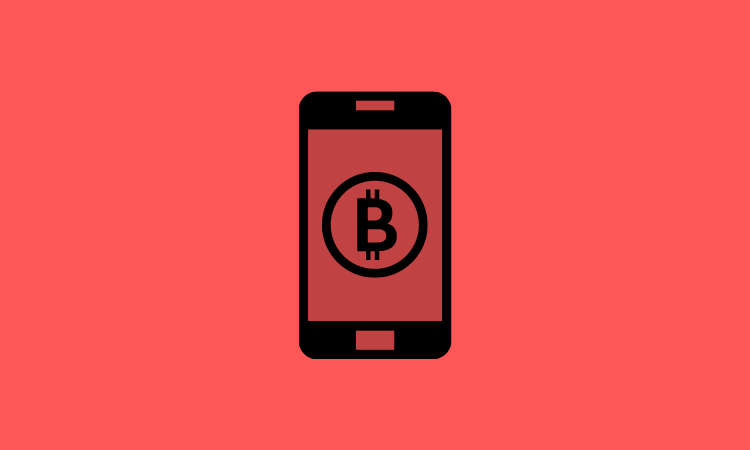Blockchain and Crypto, Member Exclusive
‘A giant leap forward’: Samsung adds support for hardware wallets on Galaxy phones
- Samsung has made it easier to access blockchain on Galaxy devices by adding support for hardware wallets.
- Galaxy users can now import and manage all their crypto assets in a single location.








